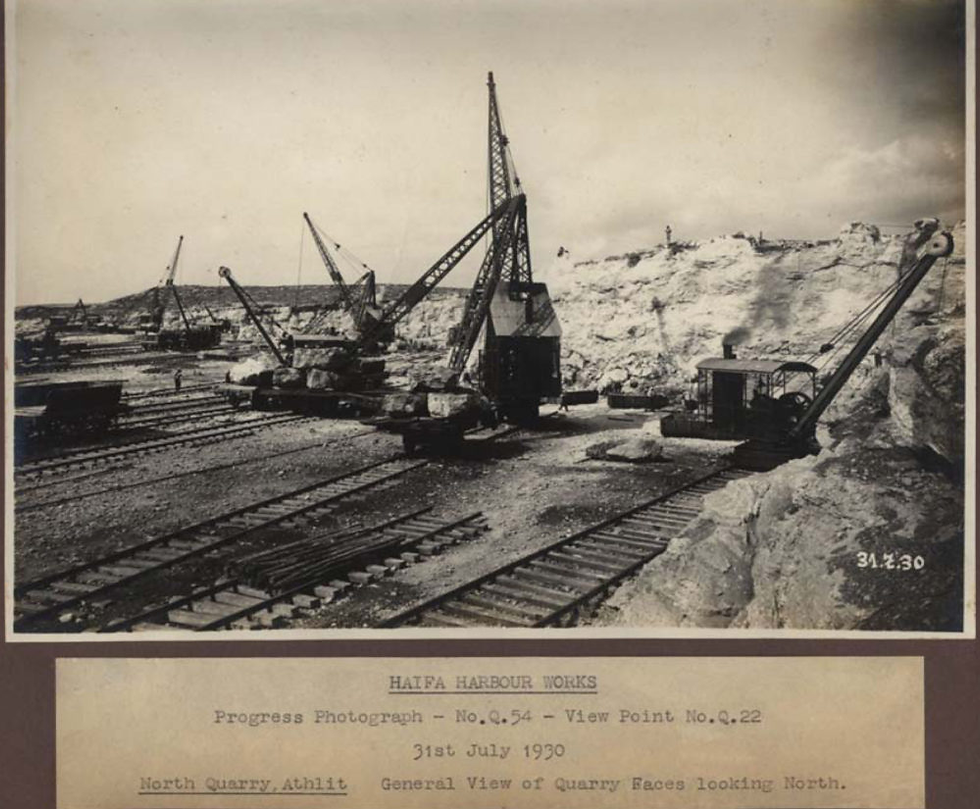Poland is a country that intrigues many (not just) Israelis
- Nir Topper

- Jun 7, 2025
- 3 min read
Its tragic history connected to the Jewish people, the seemingly parallel social and political developments in both Poland and Israel, and Poland's status as a central and influential country in Europe – all of these prompt many to watch the country with curiosity and try to understand what is going on there, in the East.
Here's a short summary of the recent presidential elections in Poland that just took place: a bit of background, who won, the key issues at stake, and the possible implications – both domestically and internationally.
I hope this sheds a little light and a sense of shared understanding – so people don’t have to sit alone in the dark (I had to say it.)
Poland's System of Government – In Brief
Poland is a semi-presidential republic. The president holds significant powers – including the right to veto legislation and influence foreign and security policy. Presidential elections take place in two rounds. The government, headed by a prime minister chosen by the parliament, holds wide-ranging powers in legislation, economy, education, and domestic policy. When the president and the government come from opposing political camps – as is the current case – tensions and even political gridlock can occur due to the president's ability to delay legislation or block key appointments.
Recent Political Background
From 2015 to 2023, Poland was governed by the Law and Justice party (PiS), a conservative-nationalist right-wing party that led a broad overhaul of the country’s political and judicial systems. Under its leadership, deep reforms were implemented that weakened the independence of the judiciary, restricted press freedom, and expanded state control over public media. Simultaneously, the government advanced restrictive laws on abortion, LGBTQ+ rights, and immigration, all under a religious-patriotic rhetoric. This policy line led to growing tensions with the European Union – including frozen aid grants and legal disputes over the rule of law.
The Political Context
After eight years of right-wing conservative rule (PiS), a liberal coalition led by Donald Tusk returned to power in 2023. However, former president Andrzej Duda continued to promote a nationalist, conservative, and anti-liberal agenda.
The 2025 Presidential Elections
Two main candidates:
Rafal Trzaskowski – liberal, Mayor of Warsaw, supports minority rights and stronger ties with the European Union.
Karol Nawrocki – 42-year-old nationalist, outspoken conservative, affiliated with American right-wing circles and known for anti-LGBTQ+ rhetoric, resistance to critical examination of Poland's past, and for promoting a Catholic-patriotic ethos.
A Narrow Victory for Nawrocki – with 50.89% of the vote.
Key Election Issues
Rule of law and the judiciary (a looming clash between president and government)
Poland-EU relations (likely deterioration expected)
Policy towards Ukraine (reduced support, growing reservations)
Identity questions: women’s rights, LGBTQ+ issues, freedom of expression, Holocaust remembrance
And What About Israel and the Jews?
Nawrocki is associated with a problematic stance regarding Holocaust history – he opposes critical investigation of Polish responsibility. It is very difficult to accurately assess the future of relations with Israel, but some expect a less open atmosphere toward Jewish communities and the State of Israel.
What Does It Mean?
Poland is heading toward internal confrontation between a conservative president and a liberal government. Political paralysis is possible. Relations with Europe are at risk. As for Poland-Israel ties – again, it's hard to make precise predictions given the complex past, but there are fears of deterioration, and some even worry about a freeze in relations.
In Conclusion
Poland is a fascinating case study in the struggle between liberal democracy and national conservatism. There are parallels (and important differences) with what’s happening here.
And that’s before we even touch on the Holocaust, collective memory, and historical narratives.
It’s worth knowing what’s going on there. I’ll be happy to share updates from time to time.
Hope things are a bit clearer now.
Photo: Presidential candidate Karol Nawrocki, a conservative historian backed by the right-wing Law and Justice party, second right, greets supporters at his headquarters after the presidential election runoff in Warsaw, Poland, Sunday, June 1, 2025. (AP Photo/Czarek Sokolowski)





Comments